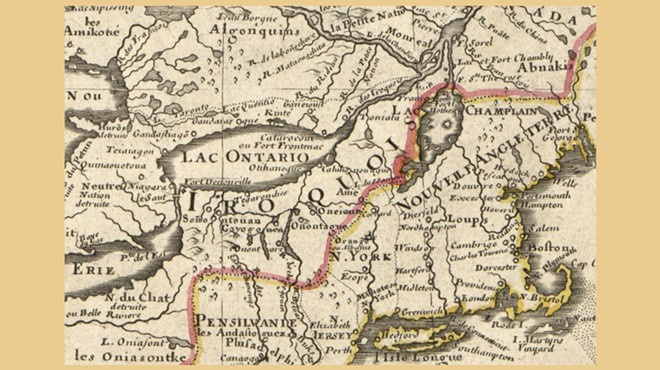Amman, Jordan
My taxi is one of many pulling up to the United Nations High Commissioner for Refugees (UNHCR) office. It is only 8am yet sweat gathers in all crevices. Scanning the long line of Iraqis already standing outside in the quickly disappearing shade, I spot Amjad, my Iraqi interpreter. He is wearing a crisp button-down shirt complete with tie, an uncommon sight here in the Middle East where men wear their collars unbuttoned, tieless and open. He, his wife, and their two young children are here this morning joining other Iraqi refugees and asylum seekers in the hours-long wait for a registration interview. Amjad and his family are seeking resettlement to another country. Prior to the US invasion, he had been manager of a clothing shop in Baghdad. Post-invasion, he moonlighted for an Iraqi company that trained security contractors for Dyncorp, an international security provider. His starting salary of $200 per month increased to $500 and due to the long hours required by the interpreting job, he quit his job in retail. A note slipped under his door in August 2005, signed by a known al Qaeda-connected group, told him he would be killed if he continued working as an interpreter. Amjad moved his family to Amman three months later. “Life is safe here, but we are suffering from unemployment. It is a difficult life. We need to make a living but as Iraqis we are not allowed to work.” Amjad’s two brothers in Germany and a sister in the US help by sending money. “I wish to settle in a new country and start a new life, maybe in the States.”
Amjad’s story is just one in this exodus from the violence, unrest, ongoing military operations, religious and other forms of persecution, kidnapping, and general insecurity in Iraq. Approximately 50,000 to 60,000 Iraqis are fleeing their homes per month, according to Rana Sweis, spokesperson for the Jordanian office of the UNHCR. More than 1,000 are making their way to Syria on a daily basis, where it is estimated that 1.4 million Iraqis now live. The Jordanian government claims another 750,000 Iraqis live in Jordan. An equivalent figure applied to the US population would equal 40 million refugees.
(A May 2007 report by Refugees International, an international organization specializing in providing humanitarian assistance and protection for displaced persons, estimated that there were one million displaced Iraqis pre-2003. This was the result of twin ethnic cleansing campaigns pursued by Saddam’s regime after the end of the first Gulf War against internal opposition groups. “Arabization” efforts forced Kurds from their homes in Kurdistan while Arabs were sent north, and the southern marshlands drained, forcing marsh Arabs from their homes. Skyrocketing present day exodus numbers make former displacement figures pale in comparison.)
The exodus also represents the complete spectrum of Iraqi society. “Rich, poor, middle class, uneducated, and the very educated,” make up the Iraqi refugee population in Jordan, said Sweis. A formal UNHCR registration process asks Iraqis to bring all identification documents—both legal and forged, without threat of penalty—to appointments where the most vulnerable Iraqis can be identified, given individual assistance, and for a limited few, resettlement to another country. While the registration process serves as an identification system for all refugees and separates out those who seek more permanent asylum due to persecution in Iraq, it does not protect registrants from punitive actions by the Jordanian government, such as deportation or incarceration if they are caught in the country illegally—that is without official residency status. Nor does it aid refugees in getting this much-needed residency status in Jordan—a requirement not only in order to remain in the country legally, but to work, enroll children in school or even create schools among refugees, get access to health care and other social services provided by the Jordanian government, and avoid the 1.5 Jordanian dollar per day immigration tax levied against people who overstay their visa or who do not have a residency permit. (For a family of six, that equals approximately $12US per day or $4,320 per year in immigration fees.)
Resettlement, which is what Amjad desires, is an option available only to the most vulnerable, according to Sweis. “It is not the solution for the majority of Iraqis in Jordan. Resettlement is up to the host country—they decide how many they will take.” Of the 3,950 Iraqis in Jordan who have applied to nine countries for resettlement through UNHCR, only a small number—a few hundred—have actually departed. More than one million Iraqis are estimated to have fled their homes since the Samara mosque bombing in February 2006 unleashed a wave of sectarian violence in Iraq. Another 4.5 million are either internally or externally displaced and tens of thousands flee their homes monthly. Such figures make the recent US announcement stating it would accept 7,000 displaced Iraqis for resettlement—from Jordan, Turkey, Syria, Iran, and Egypt combined—seem ludicrous at best. (It is reported as of early March that Egypt was hosting 100,000 Iraqi refugees, a recovering Lebanon 40,000, and the Gulf states another 200,000.)














